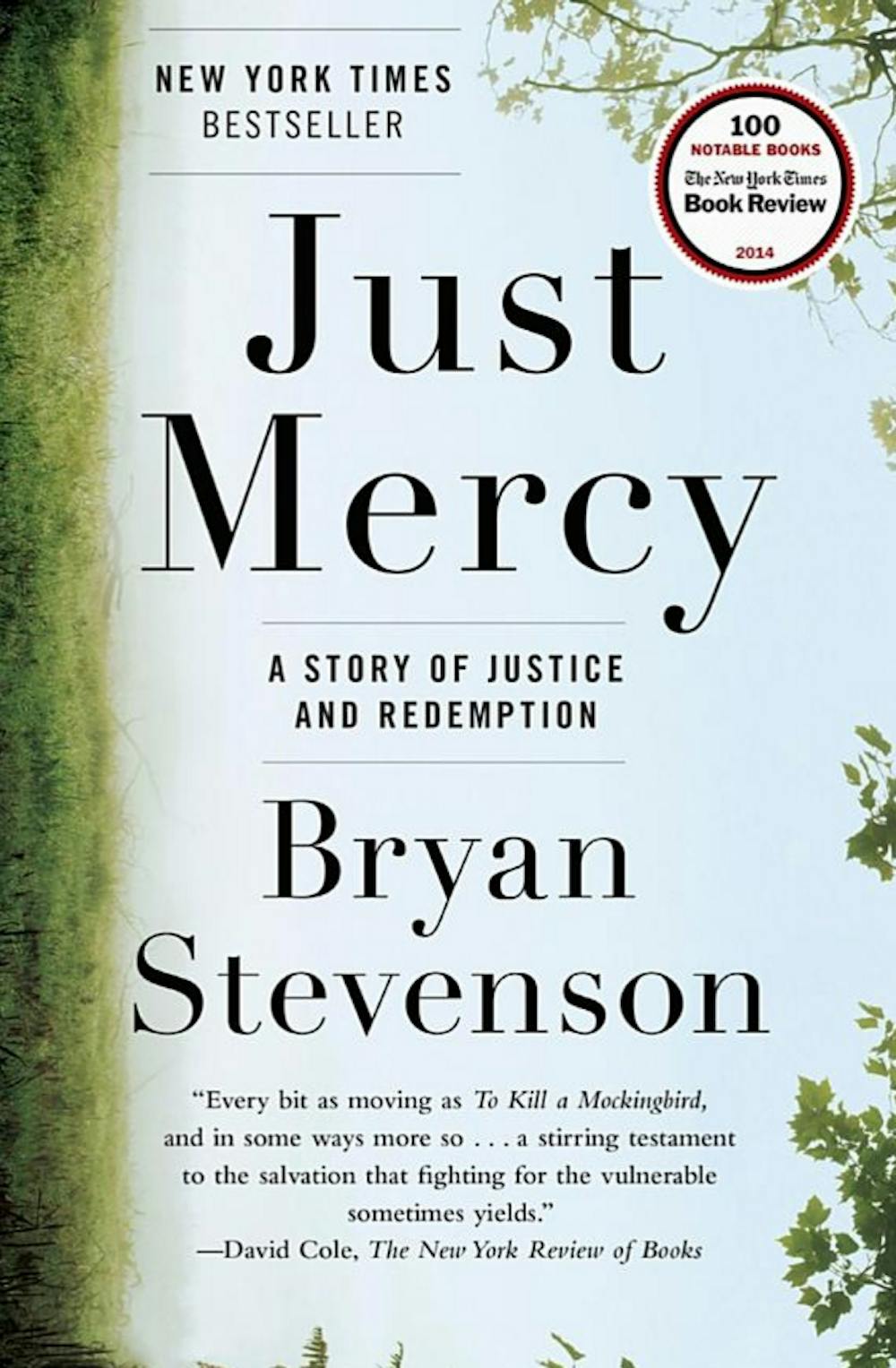The Elon Core Curriculum office recently announced the 2016-2017 common reading will be “Just Mercy: A Story of Justice and Redemption” by Bryan Stevenson. The announcement comes months later than its usual fall date because of scheduling conflicts with the author.
Jeffrey Coker, director of the Elon Core Curriculum and associate professor of biology, said Elon University delayed the announcement because it was waiting for Stevenson to respond to an invitation to come to campus.
But as Coker waited for a response from the author, he could not push the announcement back any longer. Shortly after revealing the book incoming freshmen will be required to read during the summer, Stevenson’s team confirmed the author would be able to visit campus.
Stevenson, who founded and serves as executive director for the Equal Justice Initiative, is a long-time defense lawyer who serves populations in need of representation, including women, children, people in poverty and wrongfully-accused prisoners.
“Just Mercy” is a collection of memoirs of real cases Stevenson worked. The book presents an argument for dramatic improvement in the criminal justice system.
Amy Johnson, common reading coordinator and assistant professor of history, said the committee chose “Just Mercy” because it was well-written, thought-provoking and easily accessible.
Johnson hopes the book’s themes of poverty, inequality, social justice, institutional racism and discrimination, mental health and social activism will resonate with incoming students. She added “Just Mercy” connects well with last year’s selection, “Why We Can’t Wait,” by Martin Luther King Jr.
“There is consensus largely across racial, political and socioeconomic lines that we need prison reform, better access to juvenile justice and police demilitarization,” Johnson said.
Criminal justice reform directly impacts Alamance County. Retired Elon education professor Carolyn Stuart volunteers weekly with her husband at the Yokefellows Prison Ministry of North Carolina. She said she hopes the university’s book selection will spark increased discussion on a topic not too frequently engaged with.
“These conversations are important because college students will one day hold leadership positions in their communities,” she said.
Johnson, who helps to plan events associated with each year’s common reading, said the Elon Core Curriculum office is working closely with various university departments to provide programming to the community that supports the message of the common reading.
According to Coker, the only events planned by the common reading committee are the author events and the Core Forums. During these events, COR 110 “The Global Experience” courses participate in discussions on topics from the reading.
While “Just Mercy”discussions may touch on some of the themes of last year’s “Why We Can’t Wait” events, Coker said the focus will shift with the emphasis of this year’s novel on the criminal justice system aspect of inequality.
“This allows some of those discussions to take place in a different context, and it allows us to go to some completely different places that we’ve never been before as a campus,” Coker said.
Though Coker is pleased with the decision made in choosing “Just Mercy,” he recognizes the challenges the selection committee encountered in deciding on a summer reading book.
The committee narrowed its options down from around 15 to 18 books to two or three books before selecting “Just Mercy.”
“It’s always tough because there’s always lots of good books on the table, but this one was a very popular choice, and I think everybody feels really good about it,” Coker said.
Stevenson is scheduled to visit Elon in September to set the tone for later discussions.


